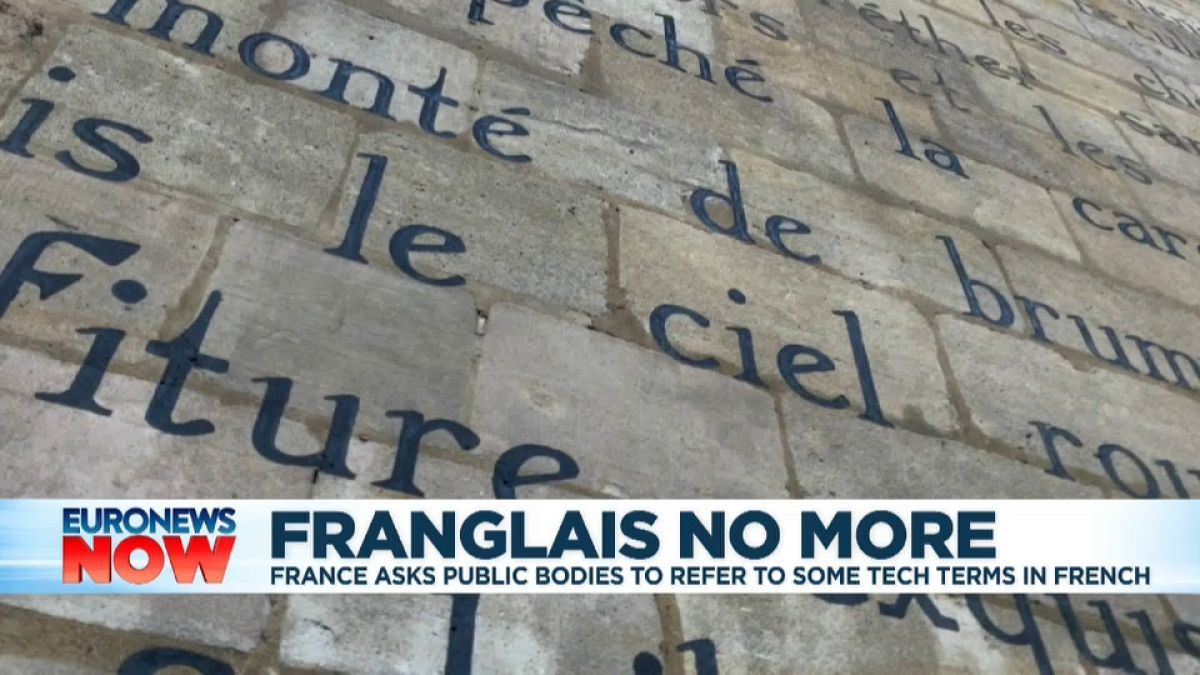The French government wants its citizens to stop using English words where no French equivalent exists
France has come up with new words for podcasts, clickbait and chick-lit in an effort to stop its citizens using the English terms instead.
The government body in charge of preserving the French language has suggested "piège à clics" - meaning 'click trap' - to replace clickbait and "audio à la demande" (audio on demand) for podcast.
Many of the new words that the Commission for the Enrichment of the French Language wants to replace are related to technology and some have already been used for years in France.
Among the words they're trying to kill include deepfake, fake news, fast fashion, timelapse, showrunner and chick lit.
Deepfake should be replaced with the words "infox vidéo or vidéotox" and fake news should be replaced with the words "infox" an acronym closer to the French words for the term.
The government commission for preserving the language works with the country's Académie Française to police the use of French.
The academy only endorsed the change of gender articles affiliated with traditionally male terms such as professional occupations in 2019.
A discussion over the words used to refer to the ongoing pandemic has also occupied the academy in recent months.
They recently decided on le (masculine) coronavirus and la (feminine) COVID-19 even though most people in the country had been using the masculine article to refer to both.
